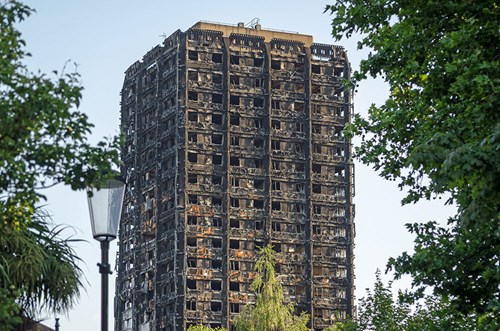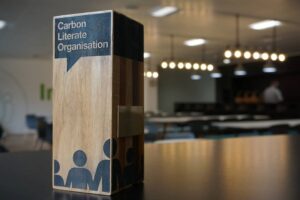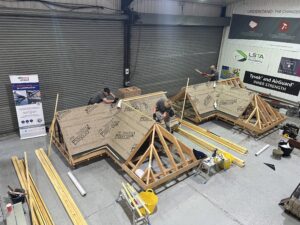Hackitt Review highlights ignorance, indifference and a lack of competence as key failings, as government backs ban on combustible cladding.

The much-anticipated review by Dame Judith Hackitt into the causes of the Grenfell Tower fire tragedy was published in May and listed a range of failures within the construction industry that enabled the tragedy to happen.
Hackitt focused on the need for a change in culture and improvement in the competence of the workforce rather than focusing on the failings of the cladding.
In her Foreword to ‘Building a Safer Future – Independent Review of Building Regulations and Fire Safety: Final Report’, Dame Hackitt said:
“There is a need for a radical rethink of the whole system and how it works. This is most definitely not just a question of the specification of cladding systems, but of an industry that has not reflected and learned for itself, nor looked to other sectors.”
The report, published on 17 May 2018, sets out a new regulatory framework to address current failings pinpointed in the earlier Interim Report, which included a lack of clarity in roles and responsibilities, ambiguous and unclear building regulations, lack of compliance, poor competence and inadequate product testing. This report recommended a framework with a “genuine outcomes-based approach to building safety” with industry having responsibility for developing guidance, with government validating it.
This new regulatory framework should be initially focused on multi-occupancy higher risk residential buildings of 10 storeys or more in height, with a new Joint Competent Authority (JCA) comprising of relevant statutory authorities to oversee better management of safety risks across their entire life cycle.
Hackitt Review—Cladding
The report did not recommend a ban on flammable cladding, despite calls for it to do so, including from the Grenfell survivors and the Royal Institute of British Architects. However, it did recommend a more transparent and more effective specification and testing regime of construction products, including how products are assembled as part of a system. Clear statements on what systems and products can and cannot be used for, should also be developed.
Hackitt Review—Competency
Another area of concern was a lack of competency demonstrated on the Grenfell Tower refurb, which needed to be addressed.
The report said: “An outcomes-based framework requires people who are part of the system to be competent, to think for themselves rather than blindly following guidance, and to understand their responsibilities to deliver and maintain safety and integrity throughout the life cycle of a building”.
The report called for better leadership, with professional and accreditation bodies working closely with the fire safety sector to develop a responsible approach, share best practice and develop competency among individual members of a given professional organisation.
Expert witnesses
On 4 June, the Grenfell Inquiry published four expert reports into the fire. Two key reports were from Dr Barbara Lane, a chartered fire engineer and UK board member at Arup and Luke Bisby, professor of fire and structures and head of the School of Engineering Research Institute at the University of Edinburgh.
While Lane said the assembly of the rainscreen cladding “became part of a successful combustion process”, Busby asserted that the evidence supports the idea that the aluminium composite material (ACM) panels were a “primary cause” for the spread of the fire.
Banning combustible rainscreens
On 18 June 2018, Housing Minister James Brokenshire launched their consultation on banning the use of combustible materials on the external walls of high-rise residential buildings which are 18 metres or over.
Launching the consultation, he said:
“I have listened carefully to concerns and I intend to ban the use of combustible materials on the external walls of high-rise residential buildings, subject to consultation.
“The cladding believed to have been used on Grenfell Tower was unlawful under existing building regulations. It should not have been used. But I believe that the changes on which we are consulting will offer even greater certainty to concerned residents and to the construction industry.”



